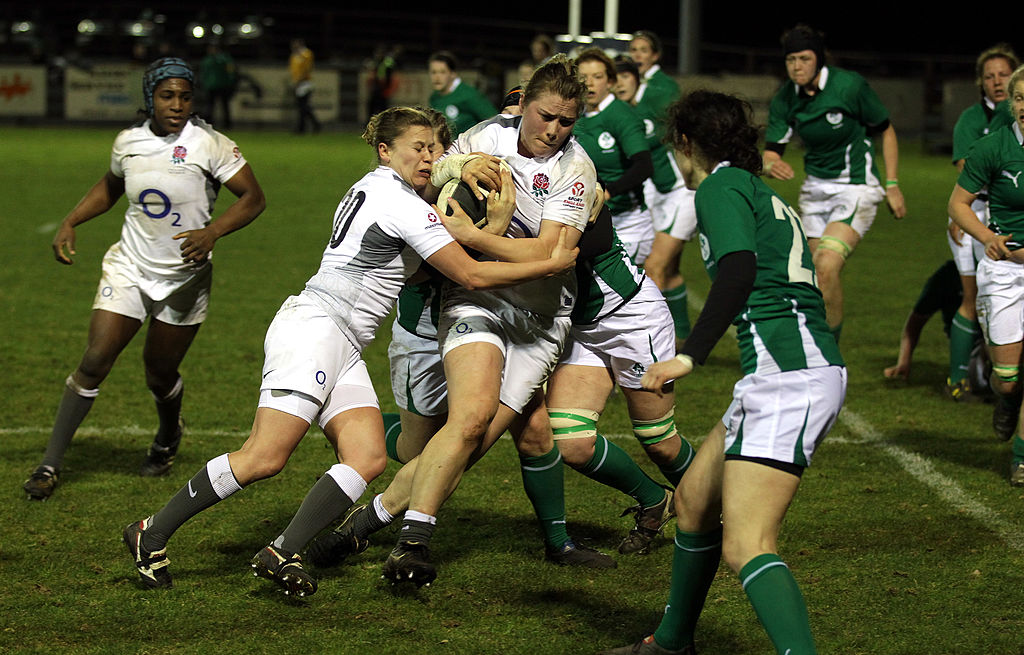
FOR years I defined my life by the all-encompassing drive to win a World Cup. I was Catherine Spencer the England rugby player, although I never got paid to play. In fact, I played when I had to contribute towards travel costs, I still remember excitedly heading to the airport for my first away match with a cheque for £50 in my pocket to hand over!
When we lost the 2010 World Cup final, in my own eyes, I had failed because that’s all I’d strived for and sacrificed so much to get.
In my 63-cap career, I’d been on the losing side only eight times, won six Six Nations tournaments, played in two World Cup finals (2006 was the first) and won the England Player of the Year award – a pretty good return in anyone’s book, but not mine.
Seeing, and having to comment on, England’s World Cup win in 2014 when I wasn’t involved hurt so much. My silver medals are hidden away in my house in a bag somewhere and they only come out when I pretend to enjoy showing them to school assemblies.
I started playing an early version of rugby at about the age of five; the game involved high levels of contact, aggression and leg drive. The pitch was the landing at home, the ball was a rolled up pair of chunky hand-knitted socks and my team-mate and opposition were my two brothers. Ever since, I’ve always loved the art of close-quarter rugby. For me, there is nothing more beautiful on a rugby pitch than a well-formed maul. I even included it in the title of my recently released autobiography, Mud, Maul, Mascara (available in all main bookstores and on Amazon!).
After failed attempts at ballet, I gave mini rugby a go at Folkestone RFC. Playing on the wing, the opposition kicked what felt like a huge ‘up and under’ at the time and I caught it and ran for most of the length of the pitch to set up a try. That was the day my dad realised his baby girl could play rugby.
My first England shirt is hanging on the clubhouse wall there and one of my proudest achievements in the sport is being made the club’s first honorary life vice-president. I went on to play senior rugby for Folkestone, until I joined Bristol after the 2006 World Cup; I owe so much to them.
My England debut came against Wales, a 53-3 win. I thought to myself, this is going to be easy. I still remember walking into the Folkestone clubhouse for the first time afterwards and everyone cheering. I went bright red and hid behind a chair.
I did eventually get used to being in the limelight, you have to as England women‘s captain, as it was such an ambassadorial role, but facing the media after that 2010 loss was really, really tough. I’d been subbed in the game in the 70th minute when the scores were 10-10; it was a decision I neither liked nor agreed with.
For the Black Ferns, it was revenge for their defeat to us at Twickenham a year earlier in what was one of my best games for England. It had been a challenging year up until then, with questions raised about my captaincy. So to come out and play like I did, on my 50th cap, was very satisfying. As amazing as the 2009 victory was, timing-wise it was the worst thing that could have happened to us. New Zealand had renewed motivation to turn things around, and they did.
As much as it hurt, the World Cup defeat did not prompt retirement. That came a year later, at the end of the 2011 Six Nations. As our coach Gary Street said, my heart beat for rugby, from the moment I woke up to the moment I closed my eyes at night. Regretfully, I did not always show this passion outwardly but by the time I did come to retire, the players did understand me and did recognise what playing for England and captaining my country meant to me.
– as told to Jon Newcombe
Just thought I would catch up on some reading over lunch. pic.twitter.com/8nNdg8ciNi
— Catherine #MudMaulMascara Spencer (@CathSpence8) February 5, 2020


British and Irish Lions
Charlie Elliott: The 17 backs I would select for the British and Irish Lions

British and Irish Lions
Charlie Elliott: The 21 forwards I would select for the British and Irish Lions squad

















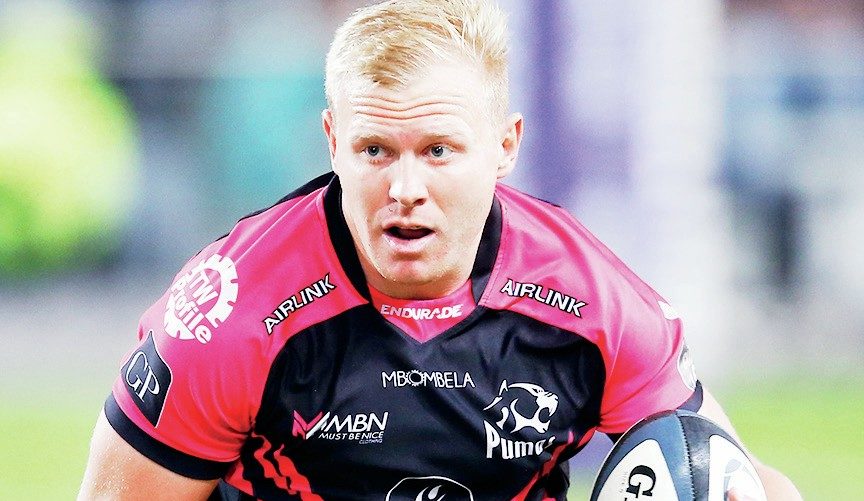
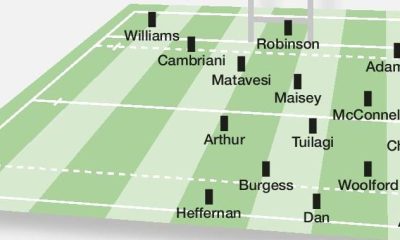

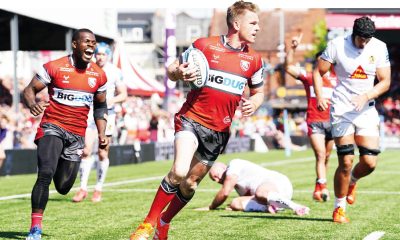

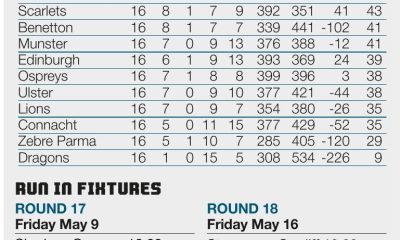

You must be logged in to post a comment Login